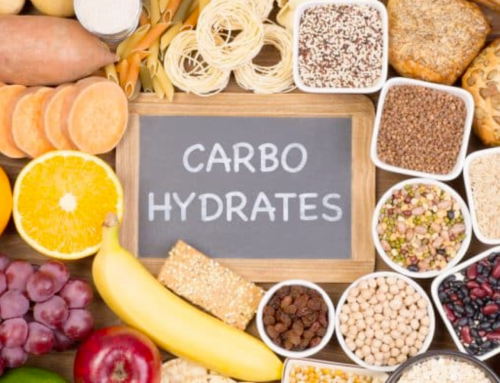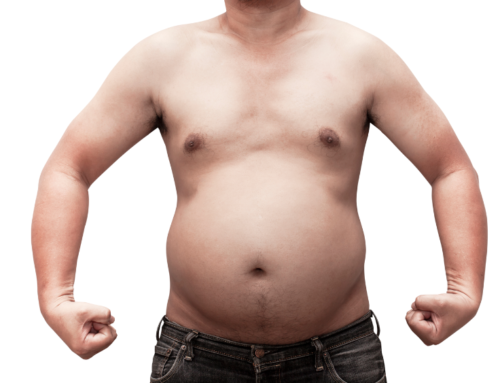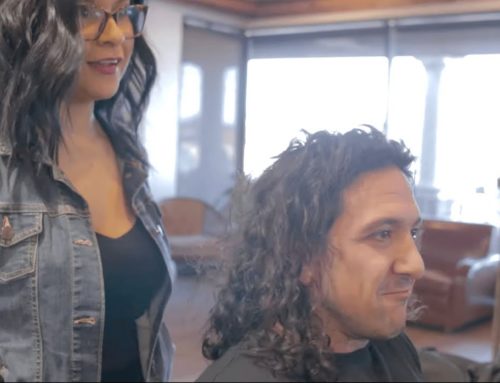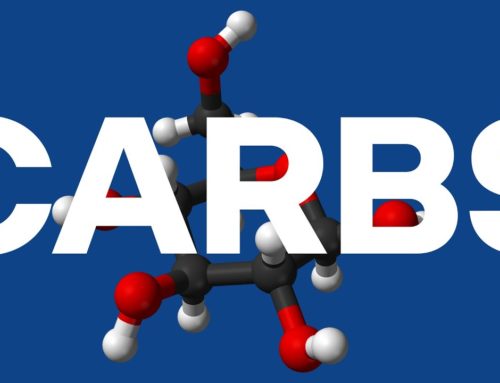A good question we all have both asked and received. As a Registered Dietitian (RD) I was taught to avoid the word “diet.” I do not agree with this nor do I think terminology is the issue at hand here. We are all on diets whether we know it or not. The word diet is defined as the kinds of food that a person, animal, or community habitually eats. So it does not matter if you are on a controlled diet you are still on a diet!
And I digress. Along with being a dietitian I am also a human being who habitually eats. In the last 14 years of both accumulating dietary knowledge and coaching other dieters I have learned a few things along the way. One of the most important things I have learned is that most people should not be on a controlled diet. Yes, that’s right with an increase in the incidence of metabolic diseases and obesity this RD says “don’t go on a diet.” Why? Simply because it has been my experience that behaviors have simply been a bigger issue than food quantity or quality. Often times those who like to eat copious amounts of food simply will not follow any “diet.”
In the last few years I have been a major advocate of flexible dieting. I have encountered individuals that were willing to count macros, eat healthier foods, but would simply exceed their recommended intakes regardless. This was mind boggling to me because flexibility made it far easier for myself and others to manage their body composition. The lesson here was that the issue is not always the food itself and usually the behaviors along with the thoughts and emotions associated with them. RDs learn this to some extent in school but there simply is no substitute for real world experience.
So I have come up with a checklist for first time “dieters” to identify where they are at and also to give you some ideas on what things to prioritize.
- Do you eat breakfast?
- Can you voluntarily stop eating?
- Can you stop eating when you are full?
- Do you feel the need to eat during periods of downtime?
- Can you eat slow?
- Do you drink water during your meal?
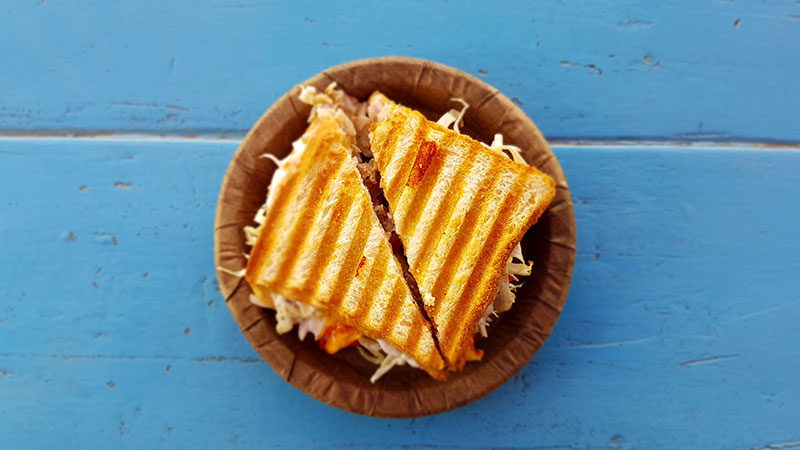 There are plenty more questions I can ask but these are some basic ones. Notice I am addressing habits and not specific food choices. If you answered yes to question#4 or no to any of the others, your efforts will be better spent focusing on these habits than trying to follow a controlled diet that you will likely rebound off of when it either gets hard or the goal is achieved.
There are plenty more questions I can ask but these are some basic ones. Notice I am addressing habits and not specific food choices. If you answered yes to question#4 or no to any of the others, your efforts will be better spent focusing on these habits than trying to follow a controlled diet that you will likely rebound off of when it either gets hard or the goal is achieved.
Ultimately controlled diets have their place and are not a “bad” thing. Some people simply are not mentally or emotionally prepared to commit to one. I do not claim to be a psychologist and there is certainly a place for mental health professionals depending on the severity of the case. I will say though that it is our duty to promote good eating habits above all else. It’s the foundation that must be laid before any layers of complexity are added into the mix.
